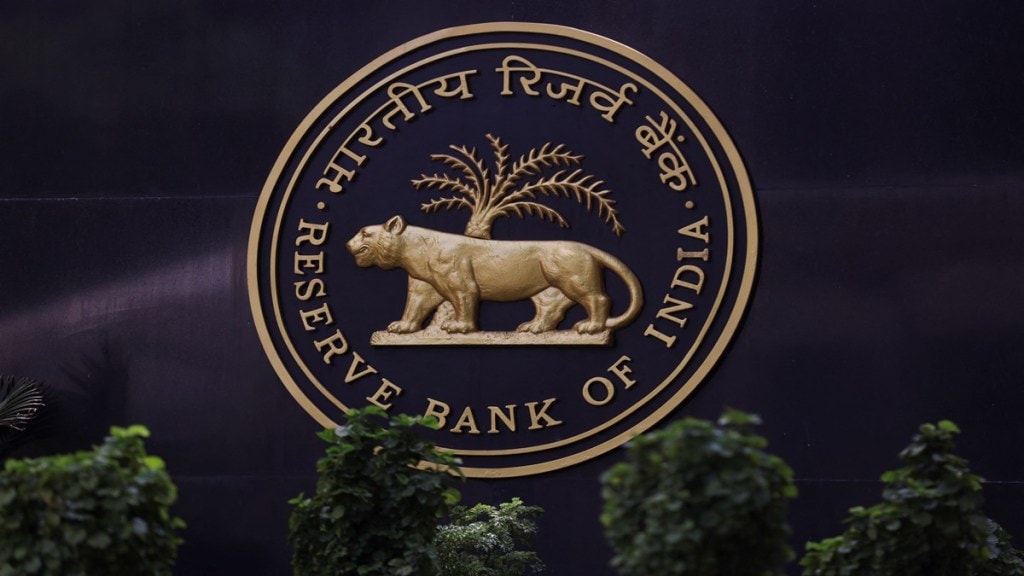The Reserve Bank of India (RBI) has barred lenders from charging pre-payment penalties on floating-rate loans. The new rules will come into effect from January 1, 2026, and will apply to loans and credit facilities sanctioned or renewed on or after this date.
The central bank said the move aims to ensure easy and affordable finance access for Micro and Small Enterprises (MSEs) and to protect individual borrowers from unfair practices.
Equal rules for MSEs and individual borrowers
According to the RBI, banks and other regulated lenders cannot charge pre-payment fees on floating-rate loans taken by individuals for non-business purposes — even if the loan has co-borrowers.
For business loans taken by individuals and MSEs, the rule is slightly different. No pre-payment charges can be levied by commercial banks (except Small Finance Banks, Regional Rural Banks, and Local Area Banks), Tier 4 urban cooperative banks, NBFCs in the upper layer (NBFC-UL), and All India Financial Institutions.
In addition, Small Finance Banks, Regional Rural Banks, Tier 3 urban cooperative banks, state and central cooperative banks, and NBFCs in the middle layer (NBFC-ML) are barred from charging such fees on loans up to Rs 50 lakh.
“Finance to MSEs is of paramount importance”
Highlighting the importance of supporting small businesses, the RBI said: “Availability of easy and affordable finance to MSEs is of paramount importance.” The central bank noted that its supervisory reviews had found inconsistent practices among lenders in charging pre-payment fees, leading to customer complaints and disputes.
No charges on early closure of overdraft
The new rules also offer relief to borrowers with cash credit or overdraft facilities. If a borrower informs the lender in advance that they do not intend to renew the facility, and the account is closed on time, no pre-payment charges can be applied.
Moreover, if a lender itself asks a borrower to pre-pay, no fees can be charged in such cases.
Lenders must disclose pre-payment rules upfront
To avoid confusion, the RBI has made it mandatory for lenders to clearly mention the applicability of pre-payment charges in the sanction letter and loan agreement. If a Key Facts Statement (KFS) is required under RBI rules, the same information must be included there too.
“No pre-payment charges which have not been disclosed as specified herein shall be charged by a regulated entity,” the RBI stated.
Pre-payment allowed without lock-in
The central bank clarified that these rules will apply regardless of the source of funds used for pre-payment, whether it is partial or full, and without any lock-in period.
Earlier guidelines repealed
With these new directions, the RBI has repealed earlier circulars and guidelines on the matter. The fresh guidelines were released after public feedback on a draft circular issued in February 2025.
SBFC Finance welcomes RBI’s move
Reacting to the circular, SBFC Finance said the move reflects the RBI’s efforts to protect borrowers and ensure fair lending.
Sanket Agrawal, Chief Strategy Officer at SBFC Finance, said, “It is a positive move by the RBI to ensure that customers are protected from the levy of prepayment charges on the closure of loans. However, it is important to note that the circular applies to floating rate loans sanctioned on or after January 1, 2026, which means that the current loan book remains unaffected. Also, a borrower typically does not close a long-tenure loan in the initial years; therefore, the impact of the circular on prepayment fee income for finance companies will be delayed.
“The regulator has been proactive in implementing measures to protect the interests of customers, and this circular helps borrowers access credit at a fair price throughout its long-tenure repayment cycle,” said Agrawal.

